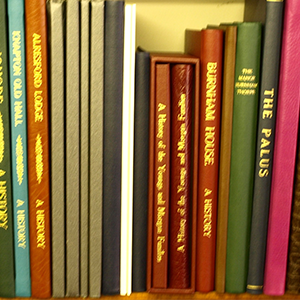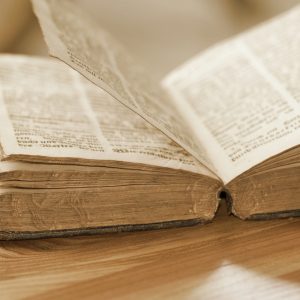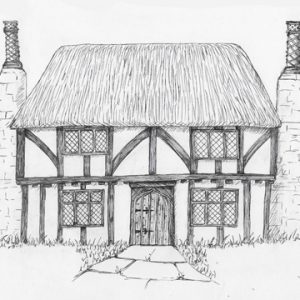You must have completed module one to take module two.
This is a practical writing course spread over a twelve week period. It is only available to those who have completed Writing Your Family History Module One. It focuses on further developing craft, style and technique through writing exercises, discussions, workshopping and feedback. Students will work on a specific aspect of their family in depth.
The tutor will provide personalised and in-depth feedback on students writing throughout the course. The background reading and writing exercises will guide students in determining structure, building character and creating an authentic sense of time and place.
The course lasts for twelve weeks and is comprised of five lessons. The first four lessons are posted online at fortnightly intervals, with an extra week after lessons four and five to allow additional time for reading, writing, critiquing and feedback.
Each of the five lessons includes writing exercises, focussed guidance, useful tips, writing examples, links to useful resources and background reading. There are two weeks between each set of course materials to allow time for reading, writing and feedback. There will be regular live discussions with the tutor and other students. A dedicated learning hub can be used throughout the course by students to share work, ask questions and post news.
Part One: Introducing your project
- Introducing your project.
- The ‘hook’ – creating impact.
- Selected readings and discussions.
- Writing exercises and feedback.
Part Two: Using Archival resources to contextualise a family history
- Using archival material in non fiction writing
- Focussed on your own work.
- Selected readings and discussions.
- Writing exercises and feedback.
Part Three: Bringing your subject to life
- Developing characters.
- Bringing events to life.
- Selected readings and discussions.
- Writing exercises and feedback.
Part Four: Time and place
- Historical reconstruction.
- Focussed work on time periods, places and environment relating to your own family history.
- Selected readings and discussions.
- Writing exercises and feedback.
Part Five: Finishing off
- The End – finishing off.
- Being print ready revisited – style guides, editing and proofreading.
- Review.
- Sharing work.



